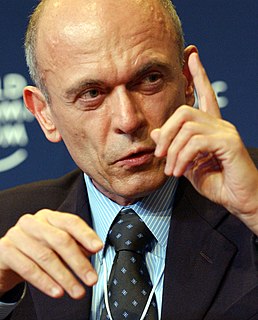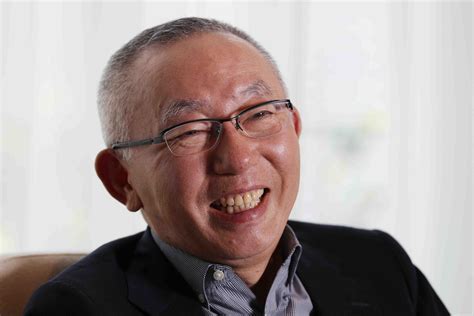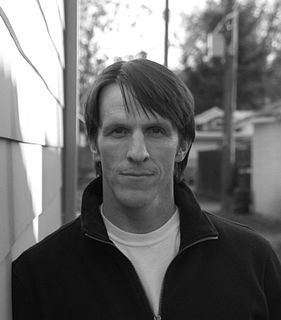A Quote by Janez Drnovsek
One of the fundamental questions of today's world is undoubtedly the question of equitable globalisation.
Related Quotes
For most affairs, this eventually becomes the most fundamental of questions, the only one that matters: Do we love each other more than the lives we already have? It is the question that hovers in the background of every secret phone call, flavors every tryst with the head of possibilities of apocalypse and renewal; and it is the answer to that question, or the lack thereof, that so often dooms an affair to failure.
I guess I was just always one of those guys who asked those fundamental questions: 'Who am I? What's this for? Why? What does this mean? Is this real?' All these pretty basic questions. I like making movies about people who are self-conscious in that way, and are trying to feel their way through the world.












































